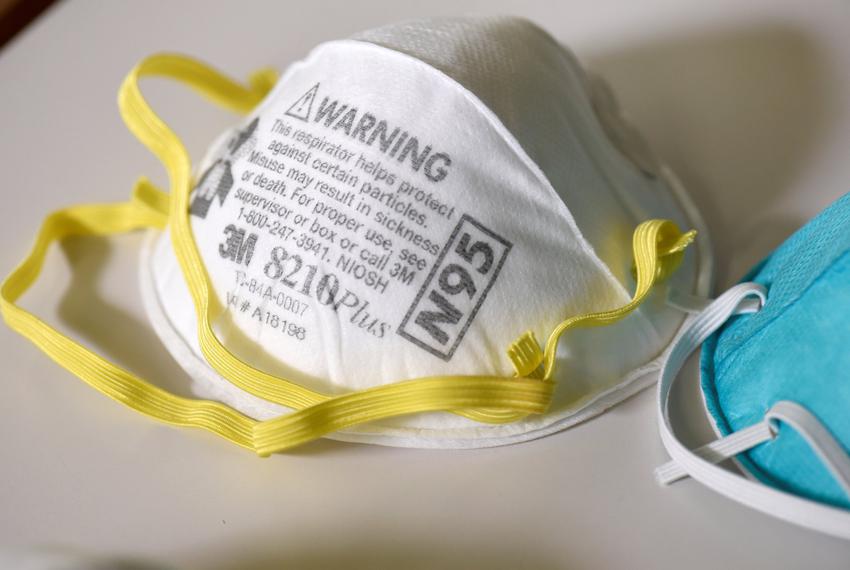There have been growing concerns over the shortages of personal protective equipment (PPE) amid the ongoing coronavirus pandemic, prompting medical professionals to urge the governments for more supplies.
Some doctors, nurses, and health workers have even beg the public to donate PPE, such as facemasks, gowns, eye gear, etc.
Amid shortages of N95 facemasks for medical professionals fighting the coronavirus, two studies have shown that disposable N95 facemasks could be sterilized and re-used.
The new findings could offer ways to ease that shortage.
Researchers at the University of Massachusetts Amherst reported that sterilizing N95 masks with hydrogen peroxide could block infectious particles as efficiently as new masks.
In the meantime, Duke University hospitals in North Carolina have restarted a mask-sterilization protocol, which was introduced in 2016.
Prof. Richard Peltier from the University of Massachusetts said one of the key issues is that “a used mask could have COVID-19 on it, so reusing it without sterilization poses a danger to the wearer or to another patient.”
Infectious particulates blocked in N95 masks are held inside; therefore, it is important to sterilize if it is not discarded.
Some researchers, however, noted that sterilization could significantly damage the mask’s filter material, affecting its proficiency.
The new research has shown that this is not the case. Prof. Peltier said, “They work just as well after sterilization.”
“We are no longer under ordinary circumstances and we have to improvise as best we can,” he added.
Duke researchers have confirmed how to use vaporized hydrogen peroxide to sterilize masks so they can be reused safely and effectively.
They use hydrogen peroxide gas to decontaminate equipment and even entire rooms. The process, introduced in 2016, has been clinically tested and found to be effective at killing germs on the masks.
Director of Duke’s Occupational and Environmental Safety Office Matthew Stiegel said, “We had never considered needing it for something like facemasks, but we’ve now proven that it works and will begin using the technology immediately in all three Duke Health Hospitals.” The researchers published their mask-sterilization protocol so that other hospitals can follow it.























